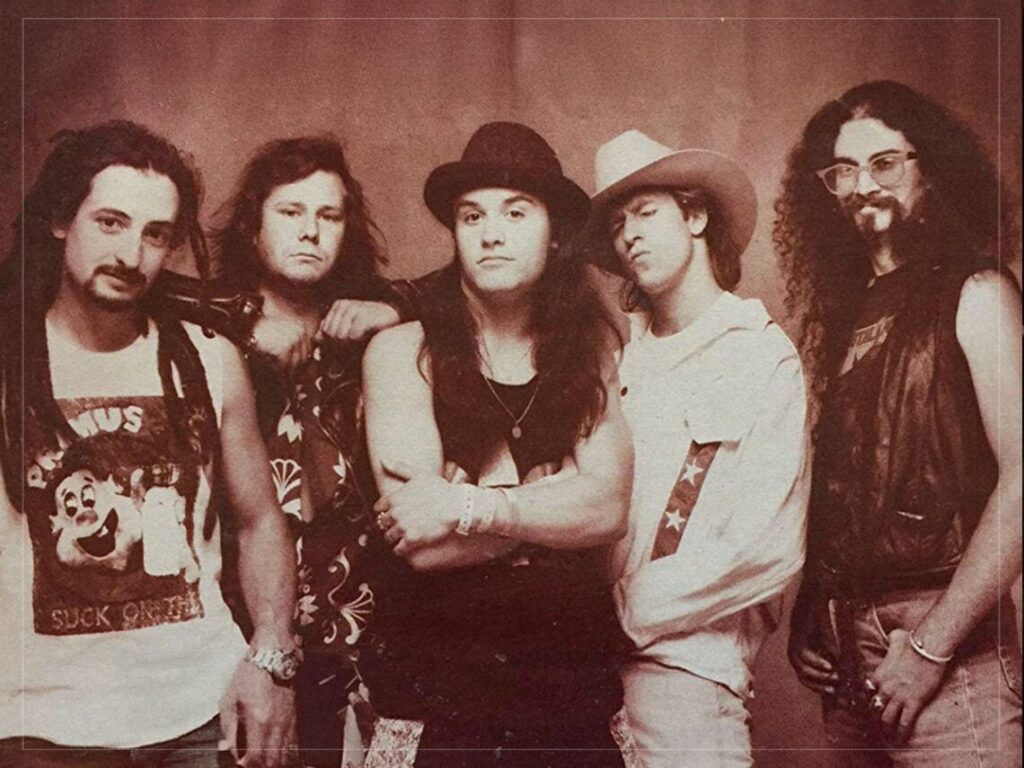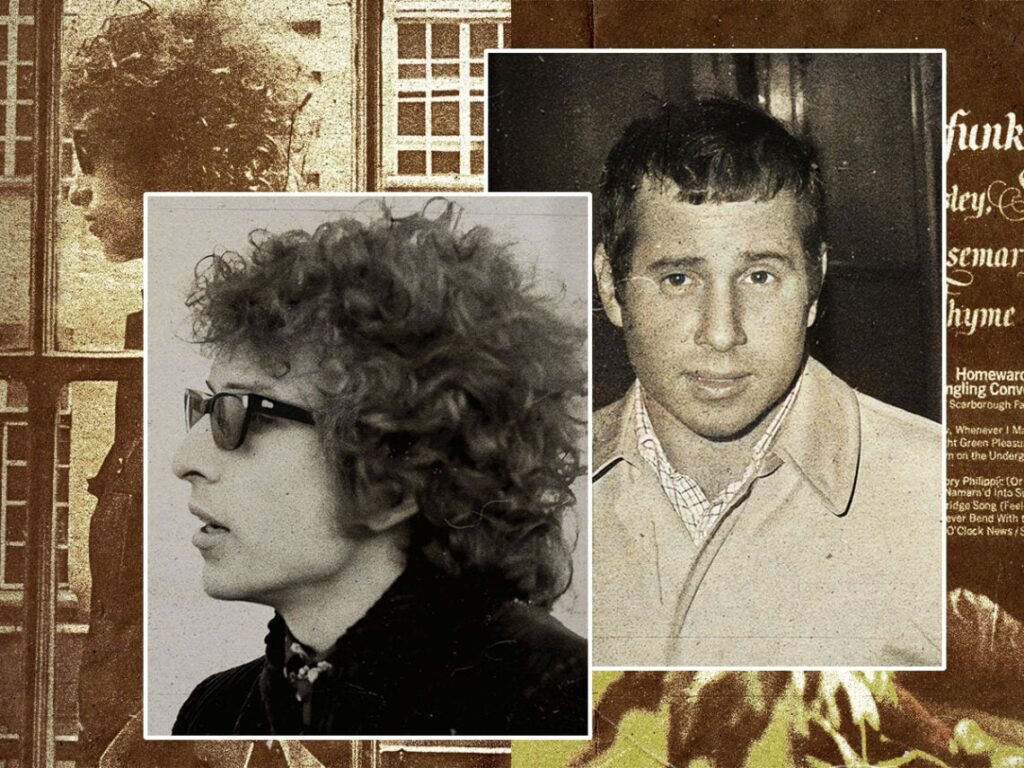Pom Poko’s Ola Djupvik: “We’re not a company. We’re a group of friends that happen to make music together”
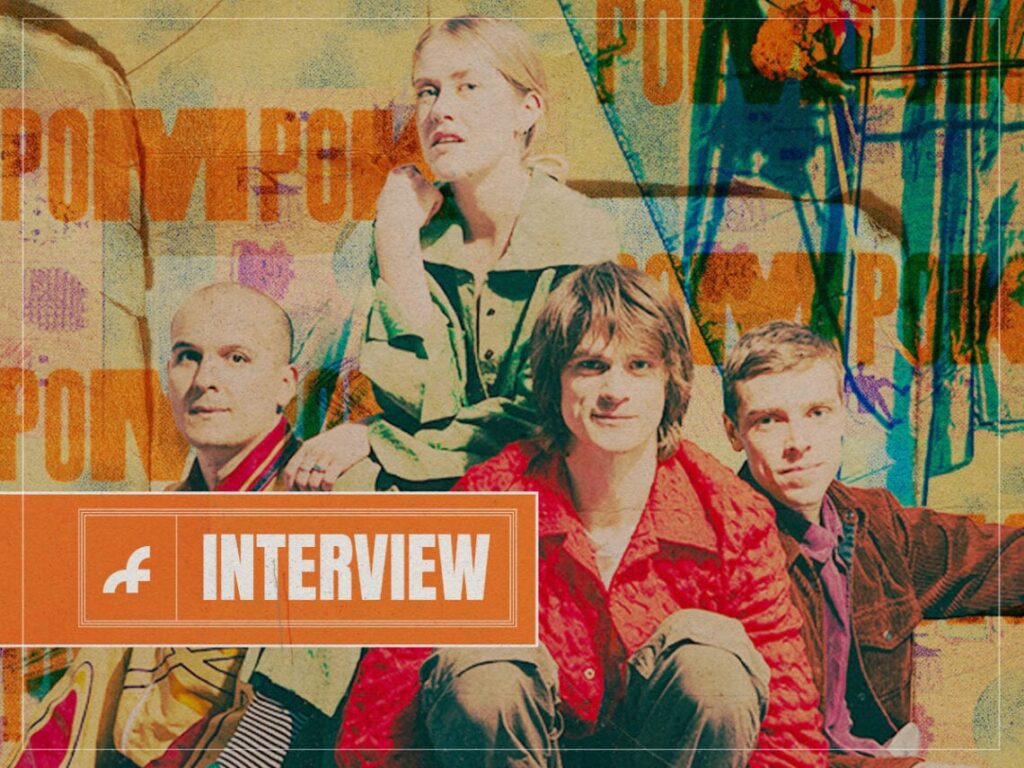 Posted On
Posted On
(Credits: Far Out / Pom Poko)
Ask anyone in the United Kingdom to name a band from Norway, and you will invariably receive the answer ‘A-ha’. However, the cultural offerings of the Nordic nation are far more diverse than the 1980s pop mastery of Morten Harket. In fact, the capital city of Oslo has produced one of the most endearing and sonically diverse groups of recent years, in the form of Pom Poko. Since their inception in 2017, the band have gained a reputation for their unique and often chaotic sound, which has continued onto their recently unveiled third album, Champion.
Seeing the band embrace their more mellow, personal side, Champion was a long time in the making, but it has certainly been worth the wait. Perfectly balancing the unique sound which the band are known for with new and interesting avenues, the record speaks to a DIY group operating at their absolute best. There are no other bands on the scene who sound quite like Pom Poko, so in search of answers, I sat down with the band to uncover their secrets and get to the heart of a band that – full disclosure – I have adored for many years.
After some technical difficulties and confusion over the time difference between Oslo and West Yorkshire, drummer Ola Djupvik appeared on my screen. It was fairly strange seeing Djupvik in such a banal setting, sitting at a desk with headphones on, as I have only previously seen him working furiously behind a drum kit in various sweaty gig venues across the north of England. Nevertheless, the drummer was honest, eloquent, and refreshingly candid in his approach to the chat, which was a nice juxtaposition from the wild persona that drummers are often tarnished with.
In fact, the entire existence of Pom Poko seems to subvert traditionally chaotic expectations of rock and punk bands. There are no ego battles, fallings out, or drug-fueled battles for control to be seen in the Pom Poko camp. According to the drummer, the band has always been built upon ideas of friendship and collective effort, going back to their time training as qualified jazz musicians.
“We write the songs 100% collectively, and all the work – production of tours, paperwork and management and stuff – is done by us equally, and it works,” he shared, adding, “That’s very rare. I’ve never had a single band work like that. We’re not a company. We’re a group of friends that happen to make music, that makes money, together.”
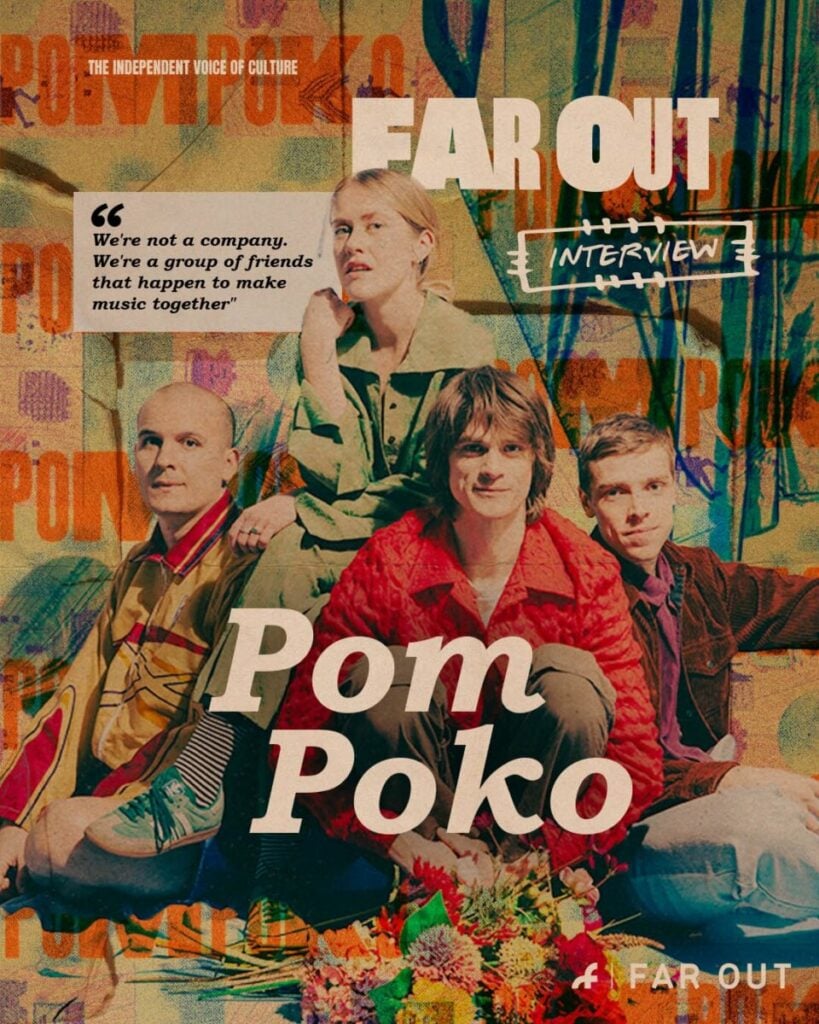
Although now, with three albums under their belt and a strong bond with one of the biggest independent labels in Britain, Bella Union, the band are firmly established, they have never lost sight of their early beginnings. “When we started out,” Djupvik recalled, “We didn’t really have any ambition. We just started making music, and then suddenly, we got a lot of attention in Norway. Our goal was to be a band for a really long time. That’s still the main goal. So, if we have to take two years out from touring because of kids and stuff, then that’s what we’re going to do. I think that’s the key to the success so far: the music and the friendship is what gets put first.”
Prior to the release of Champion, there had been a three-year drought, with no new material released by the Oslo band. The predominant reason for this absence appears to be Pom Poko’s manifesto of putting friendship first. “It’s been a year where Jonas [Krøvel], our bass player, has been finishing up his medical degree, so he’s been working at the hospital. Martin [Tonne] is a dad, so he’s been with his kids,” Djupvik shared, “So the recording process had to be very condensed.”
The friendship at the heart of the band extends far beyond the line-up, incorporating virtually all aspects of their existence. For example, the image and artwork of Pom Poko have been inseparable from the work of artist Erlend Kvan since their early beginnings. “I think it adds a really nice dimension to the music,” Djupvik said, adding, “I think having relationships like that is one of the big privileges of doing music. We’re not exactly rich, but you get to spend money to make your friends do cool stuff.”
Perhaps as a result of the limited time Pom Poko had in the studio for Champion, the record is imbued with a feeling of spontaneity and unpredictability, which have always been keywords when it comes to the material of the Oslo band. In contrast to the recording, however, the band did not rush the songwriting.“The writing process took a really long time,” he told me, “But the recording, we had maybe nine or ten studio days booked in total – one during the Summer and one during the Autumn. Then, it just had to happen. If it didn’t happen, then it would never happen.”
In contrast to their earlier work, Champion features multiple instances of Pom Poko taking on a more personal, emotional quality, with their sporadic sonic outbursts taking something of a backseat. Reflecting on this change, Djupvik said, “We usually call those [chaotic] moments ‘Pom Poko parts’, on our previous albums. Especially our earliest tunes, if we made, sort of, a calmer song, we felt a very strong need to have a crazy part as well.”
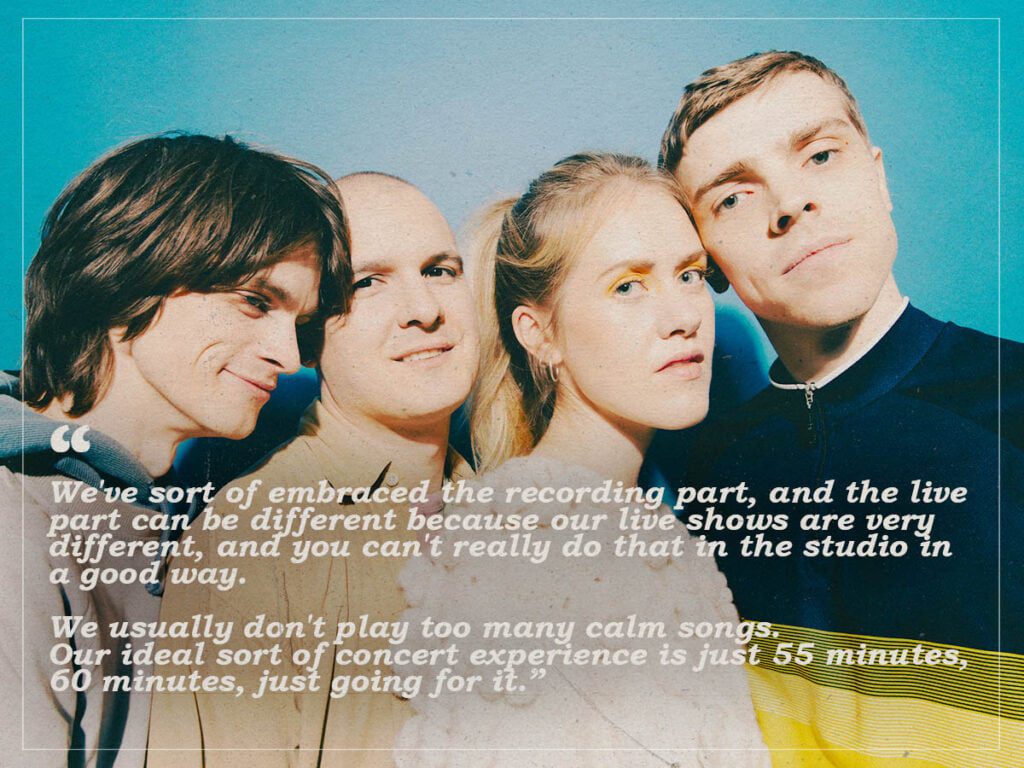
As the band has developed, however, Pom Poko have allowed themselves to be calm when needed. “We sort of challenged ourselves, on this album, to allow the tunes to be more themselves,” the drummer shared. “If we wrote a, sort of, medium-heat kind of tune, we just allowed it to be medium-heat for the entire song.”
Fear not, though; the raucous live sets of the band are not at risk of becoming tear-jerking, slow performances. “We’ve sort of embraced the recording part, and the live part can be different because our live shows are very different, and you can’t really do that in the studio in a good way.” Djupvik also added, “We usually don’t play too many calm songs. Our ideal sort of concert experience is just 55 minutes, 60 minutes, just going for it.”
Given the relatively small post-punk and art rock scene in their native Norway, those energetic concerts have seen Pom Poko travel all around the world. For a band that spends a lot of their time visiting the grassroots venues that populate the cities and towns of the UK, I wondered whether Djupvik and the rest of the band had ever been tempted to permanently relocate – if only to save themselves from endless jetlag. According to the drummer, however, the separation of tour life from home life is key to living a harmonious existence.
“Just to be able to come home to a different country, where my friends aren’t really up to date on what I’ve been doing, because I’m not very active on social media and stuff, and just to have that sort of separation, I think it’s very nice.” Djupvik seems to be living a Clark Kent-esque double life, a celebrated art-punk drummer overseas and an ordinary bloke back in Oslo. “When I go back to Norway,” he shared, “I do another job, people don’t know what I’ve been doing, and I think that’s really nice. It’s a completely separate life.”
You could forgive Djupvik for becoming slightly egotistical, what with the incredible success and acclaim of Pom Poko. Seemingly, though, his day job back home is very effective in keeping him grounded. “I’ve been working at a youth centre for a few years,” he laughed, “and the kids, they don’t care what I’ve been doing. They can ask me why I look so tired, and I can say, like, ‘Oh, it’s because I’m jet lagged, I was on tour in the US,’ and they simply do not care.”
The children of Norway might not be fussed about Pom Poko, but everybody else certainly should be. Champion is arguably their strongest effort thus far and offers an exciting glimpse at the future of Norway’s premier art-punk outfit. Everything from their friendship-first ethos to the sonic unpredictability of their material is brilliantly subversive of modern post-punk. Pom Poko offer a diverse sound and musical universe which is largely unparalleled, in terms of its cohesion and quality. So, don’t be like the kids at Ola Djupvik’s youth centre; educate yourself on the gospel of Pom Poko.
[embedded content]
Related Topics

